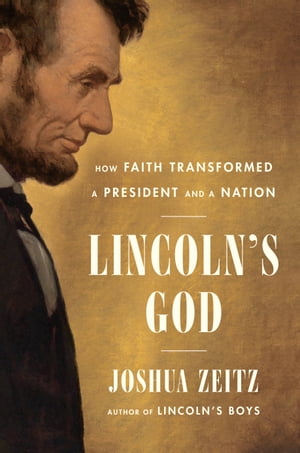This review contains affiliate links, which earn me a small commission when you click and purchase, at no extra cost to you. Thank you for supporting my small business and allowing me to continue providing you a reliable resource for clean book ratings.
The half-century that Abraham Lincoln lived through was a time of intense transformations in the youthful United States of America. Transportation and communication were both improving rapidly; thus the world was shrinking. People were able to learn more about events far from home faster and with greater depth than ever before. The Louisiana Purchase was steadily becoming more civilized (at least for non-natives), providing opportunities for pioneers, politicians, and pastors. Beginning in the more populated eastern states, religious meetings spread over the entire country, and because of the slave question for new states, these meetings yielded massive numbers of converts, setting the stage for a huge shift in American politics.
Young Mr. Lincoln’s exposure to all of this drama is not well documented, but his attitude toward religion has been assumed by many, and fully investigated by few. Joshua Zeitz presents a journey of Lincoln’s religious beliefs from his beginnings in poverty all the way through his presidency. The path is marked by letters, briefs, and multiple interviews with his contemporaries (nearly all of which were within a few years after the assassination). These data combine to describe an intelligent mind with nearly photographic recall that would go on to use the Holy Bible as a reference point for his logical arguments. Abraham Lincoln understood his audience and knew that by quoting certain biblical passages, he could persuade them to his way of thinking.
These techniques changed during the years of the Civil War. His executive position forced him to move from pacifism to commander in chief, and this transition became the foundation for his evolving views of deity. Within those four years, it is clear that as the president grieved the bloodshed and lack of clear military success for the North, he joined his fellow citizens in believing that God had actually willed the war to happen in the first place. He was not, however, certain that God was necessarily on their side.
The concepts and arguments within Lincoln’s God were gripping, but it was hard to read through some portions; there was just too much detail. The truly riveting sections were the war years, as there is so much more reliable information about Lincoln’s thinking during that era. The author makes clear that he has an agenda with this publication, and I thoroughly enjoyed his presentation of that, along with enough counterpoint to allow the reader to decide whether or not to adopt the proposed thesis.
Rated: None. Fewer than 6 instances of mild swearing, all are quotes.




